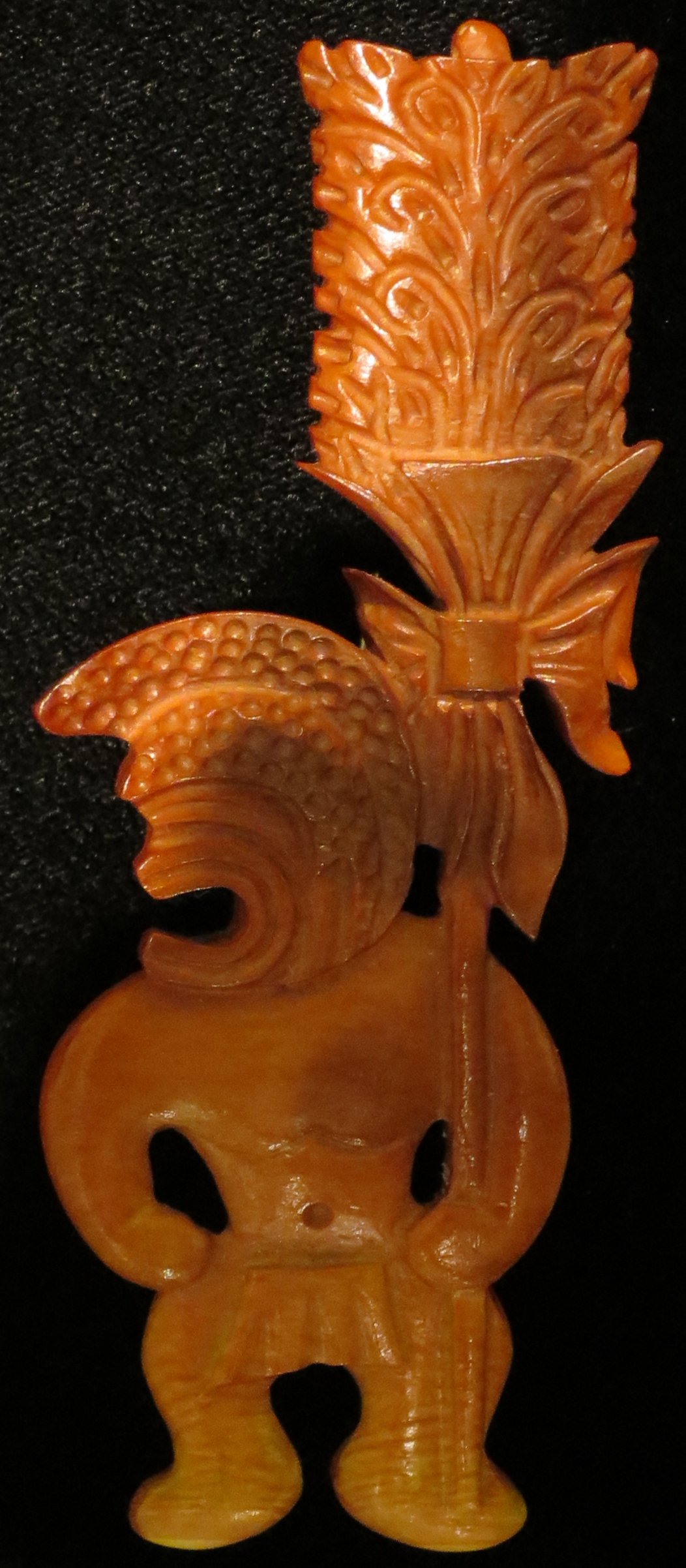
How the United States Regulates Wildlife Trade Within its Many Borders
By Amanda Mei
[hr]
[dropcap]T[/dropcap]he United States may have passed broad laws to regulate the illegal ivory trading throughout the country, but each state governs commercial ivory in its own borders. Hawaii, among other states, is moving toward a total ban of its ivory trade.
In Feb. 2014, Barack Obama announced a “near complete ban” of ivory trade in the United States. Commercial ivory that comes from endangered elephants in Africa may no longer be imported into the country, in accordance with the Convention on International Trade in Endangered Species (CITES) 1989 ban on the international ivory trade. “But [the federal rules] don’t regulate intrastate ivory sales adequately,” said elephant activist Ashley McAvey in an interview with National Geographic.
States must come up with their own rules governing the ivory that is permitted by federal regulations. Some states, such as Hawaii, have passed legislation outlawing almost all ivory A bill prohibiting the sale of elephant ivory, rhinoceros horn, and other products from animals such as sharks and whales passed through the House and Senate late last month. Hawaii’s bill addresses some of the gaps in federal ivory regulations. First-time ivory traders will be fined $200 and imprisoned for up to a year, and dealers who have sold ivory at least three times will be fined $2000 and shut down.
Wildlife organizations have praised the Hawaii bill for banning ivory in a state that, after similar bans in New York and California, was the largest ivory hub in the nation. Hawaii has a particularly severe problem of illegal ivory operations. U.S. Fish and Wildlife Services director Keith Swindle said that the legal ivory markets in Hawaii had made it easier to deal illegal ivory, implying that the ban would help curtail the illegal trade. Ivory dealers in the state were found to advise customers on how to smuggle ivory illegally from the country, according to a March investigation by the Humane Society of the United States and other organizations. The groups also reported on Hawaii’s thriving online ivory market with inventories worth $1.2 million. 89 percent of ivory in Hawaii comes from illegal or unknown origins, according to a 2008 study.
Similarly, other states have been making efforts to curtail the ivory trade in the absence of adequate federal regulation. The Delaware Senate has approved a similar ban of its ivory trade. The ban would make ivory trafficking criminal and punishable by penalties up to $10,000. Although the ban covers most legal ivory, it includes exemptions for ivory products at least 100 years old or ivory used for educational and scientific purposes. Passed April 15, the legislation now moves to the House.
But these new bills have come under fire by members of the National Rifle Association. The proponents of gun dealership and ownership have opposed the restriction of antique gun products containing ivory. According to the association, “restricting trade in [antique firearms … will do nothing to further current anti-poaching efforts.”
The laws do include exemptions for products made with less than 20 percent ivory, ivory that is more than 100 years old, and ivory that is used for educational, scientific, or native cultural purposes. The law in Hawaii specifically exempts guns, knives, and musical instruments to allay the fears of interest groups. Even so, exemptions do not protect small merchants and artists whose livelihoods depend on ivory. Cheryl Konrad, who sells Hawaii ivory etchings called scrimshaw, said, “I just hope to God that we are able to continue on for a few more short years.”
But although the new ban in the state may have costs for her and other locals, the social costs of not having a ban are much higher. A complete ban on the commercial ivory trade that conceals illegal ivory trafficking in the United States would benefit conservationist efforts to protect people and animals threatened by poachers in Africa.
State by state, the United States is moving to ban the ivory trade in all guises. The federal government may have announced a “near complete ban” of the illegal ivory trade, but states can make the ban more complete. “To have any permission of the trade opens the door for abuse,” said activist Ashley McAvey to National Geographic. Hawaii and Delaware have already taken measures to stop the abuse of wildlife trafficking laws in their borders. Perhaps in the future, all fifty states will close their doors to ivory.
[divider_flat]
Amanda Mei is a sophomore in Berkeley College and writes a beat blog for the Globalist on the environmental consequences of the ivory trade. Contact her at amanda.mei@yale.edu.